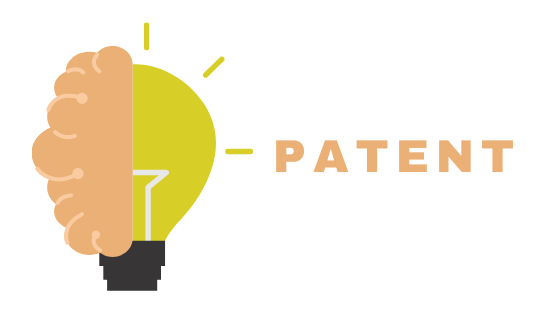
Registering a patent or any kind of intellectual property does not mean that you have to immediately produce something as a result. It is worth considering, though, that the protection may only last for a certain amount of time and so you would be well advised to try and profit from it commercially as much as you can – this might mean not doing it by yourself.
One way to make the most of a patent and make sure it gets to market quickly is to permit others a license to use the technology by making items that benefit from your invention and then paying you a sales based royalty. The exclusive rights might stay with the inventor, but it is possible that they can’t use their discovery alone and instead need developments created by others to get their new invention to market. Seek the help of professionals, such as Invent Help.
If this happens, there are several things you can do. First, the inventor can sell the patented invention completely, selling out for a lump sum or perhaps a share of future profits – in the business, this is known as assignment of rights.

Alternatively, it may be possible to license your intellectual property. A license, drawn up by specialist IP lawyers, is a legal agreement whereby the inventor allows other parties to exploit, manufacture or otherwise develop the original invention. The agreement might limit the licensee’s activities to a certain business sector or geographical area. The licensing agreement should make clear the method by which the licensee will make payments to the inventor, and over what time period the license agreement is scheduled to be valid.
Thirdly, there is a know-how contract. This could be on top of or as well as a license and it specifies the terms by which the inventor will give another party his knowledge. Know-how can often be tangible and can include useful industrial information such as diagrams, architectural drawings or client records and job descriptions. A big issue with know-how contracts is the prevention of someone newly introduced to the information, from going on to share it with other people that they are not authorised to pass it to.
In all of the above situations, it is advisable to get expert intellectual property advice from a patenting agency like Invent Help. They can help you select the correct route to protect your development, establish agreements so that your creation can be successfully shared and exploited, and make sure that any legal contracts will stand up in court, if that should prove to be necessary in the future.
